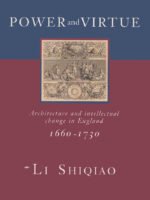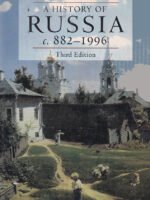Monstrous Fantasies asks why medieval romances reimagining the crusades ending in a Christian victory circulated in England with such abundance after the 1291 Muslim reconquest of Acre, the last of the Latin crusader states in the Holy Land, and what these texts reveal about the cultural anxieties of late medieval England. Leila K. Norako highlights the impact that the Ottoman victory and subsequent massacre of Christian prisoners at the battle of Nicopolis in 1396 had on intensifying the popularity of what she calls recovery romance.
These two episodes inspired a sense of urgency over the fate of the Holy Land and of Latin Christendom itself, resulting in the proliferation of romances in which crusading English kings like Richard I and anachronistic legends like King Arthur not only reconquered Jerusalem but committed genocidal violence against the Muslims. These romances, which?as Norako argues?also influenced Geoffrey Chaucer’s Canterbury Tales, conjure fantasies of an ascendant global Christendom by rehearsing acts of conquest and cultural annihilation that were impossible to realize in the late Middle Ages. Emphasizing the tension in these texts between nostalgia and anticipation that fuels their narrative momentum, Monstrous Fantasies also explores how the cultural desires for European and Christian hegemony that recovery romances versified were revived in the wake of the so-called wars on terror in the twenty-first century in such films as Kingdom of Heaven and American Sniper.









Be the first to review “Monstrous Fantasies”